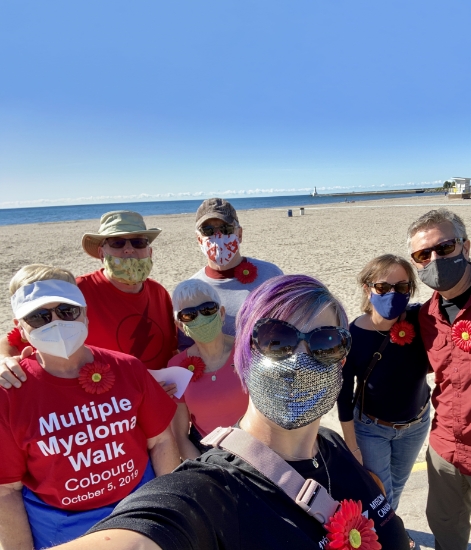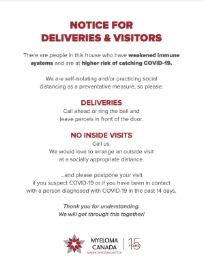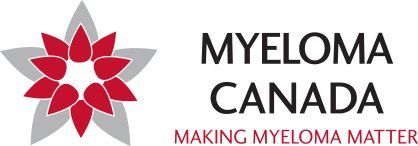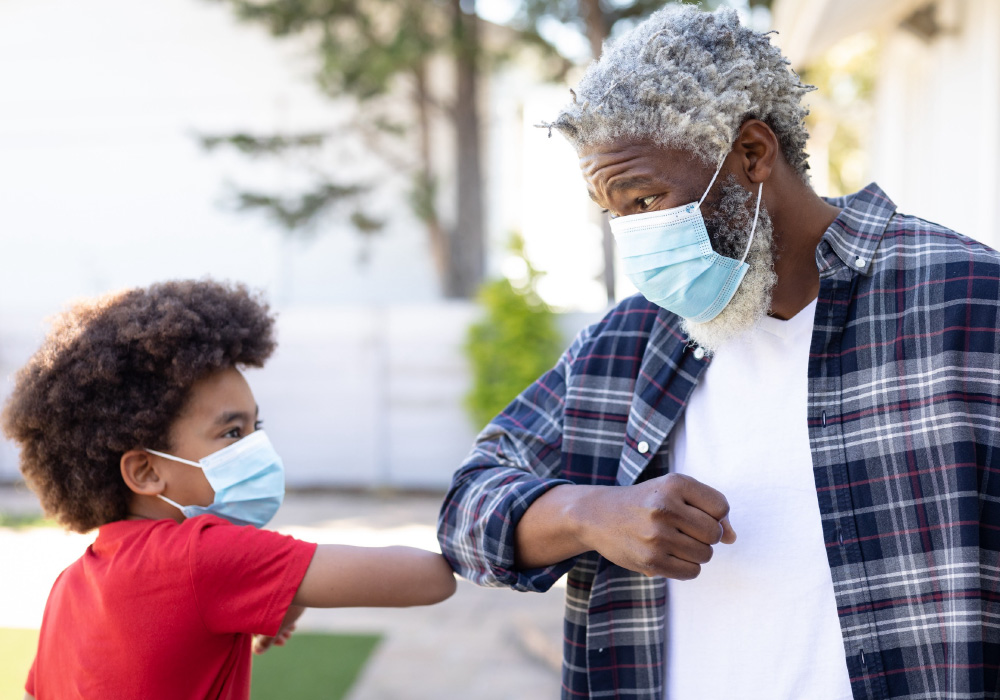What is COVID-19?
There are several different types of human coronaviruses circulating around the world; however, the majority of them usually don’t cause severe illness. (It’s actually likely that you’ve been exposed to these types of viruses in the past.)
In rare instances, an animal coronavirus, such as COVID-19, can “jump” or evolve to humans and cause more severe illnesses. Other recent examples of animal-to-human transmission include Severe AcuteA sudden onset of symptoms or disease. Respiratory Syndrome (SARS) and Middle East Respiratory Syndrome (MERS)
Common symptoms of these infections include fever, cough, shortness of breath, muscle aches, sore throat, and headache. These symptoms can present 2–14 days after virusA small living particle that can infect cells and change how the cells function. Infection with a virus can cause a person to develop symptoms. The disease and symptoms that are caused depend on the type of virus and the type of cells that are infected. exposure.

What’s my risk?
Myeloma and its treatments affect how well the immune systemThe complex group of organs and cells that produces antibodies to defend the body against foreign substances such as bacteria, viruses, toxins, and cancers. responds to infection. This means that people living with myeloma are at a higher risk for infection in general, even when the myeloma is stable or in remission. In fact, all people living with cancerA term for diseases in which malignant cells divide without control. Cancer cells can invade nearby tissues and spread through the bloodstream and lymphatic system to other parts of the body. have a higher risk of infection, as well as those with chronicPersisting over a long period of time. obstructive pulmonary disease (COPD), diabetes, and heart disease.
Watch. Rewind. Repeat.
To learn more, watch the Myeloma Canada webinar on COVID‑19 and multiple myeloma.
COVID-19 and Canada
As we continue our worldwide fight against COVID-19, the Government of Canada—and all provincial governments—is responding to the crisis with daily addresses and updates. As you know, the situation is constantly changing, as are the statistics of those who have tragically passed, those who have tested positive, as well as those who have recovered. It’s important to remember that these statistics are based on cases tested and thus, declared; it is estimated that thousands of others have experienced, or are experiencing the virus, but in a mild form and so, these individuals are not tested nor represented in this data.
COVID-19 is a serious health threat, and risks vary between and within communities. Given the increasing number of cases in Canada, the risk to Canadians is considered high, meaning that our healthcare system is already experiencing a significant impact; it does not mean that all Canadians will get the disease.
Helpful resources
For more information, resources, and updates on the COVID-19 virus, we recommend the Public Health Agency of Canada website.
To find out more about the Canadian vaccination rollout by jurisdiction, click here.
For more information about the situation in the provinces and territories, visit their websites:
Other resources:
Preventive measures

Let others know your comfort levels with your downloadable and printable door sign.
COVID-19 news and updates
August 25, 2022
COVID-19 Vaccine Booster, Evusheld Improve Protection for Patients With Blood Cancers
A third dose of a COVID-19 vaccine can prompt seroconversion in patients with hematologicOrginating in the blood, or disseminated by the circulation or through the bloodstream. malignancies who failed to seroconvert after 2 doses, according to a study published in Cancer. Find out more here.[…]
Learn moreJune 22, 2022
Canada seeing rise in COVID-19 subvariants. Could this lead to a summer surge?
Canada is seeing an increase in several fast-spreading COVID-19 variants that have been fuelling new outbreaks in the United States and Europe, Canada’s top doctors said Friday. Read more here.[…]
Learn moreJune 21, 2022
Federal government temporarily suspends random COVID-19 airport testing, leaves vaccine mandates in place
Ottawa will temporarily suspend its random COVID-19 testing for air passengers, but has left its domestic travel vaccine mandate in place, even as sources say most Liberal MPs agree with the Conservative position to scrap it. Find out more here.[…]
Learn moreJune 20, 2022
The Novavax vaccine against COVID-19: What you need to know
The Technical Advisory Group for Emergency Use Listing listed Nuvaxovid (NVX-CoV2373) vaccine against COVID-19 and Covovax (NVX-CoV2373) vaccine against COVID-19 for emergency use on 20 December 2021 and 17 December 2021 respectively. Click here to read more. Find out more information here: Novavax Nuvaxovid COVID-19 vaccine […]
Learn moreMay 25, 2022
Regular travel and public health measures can’t coexist: Canadian Airport Council
International arrivals at Canadian airports are so backed up, people are being kept on planes for over an hour after they land because there isn't physically enough space to hold the lineups of travellers, says the Canadian Airports Council. Read more here.[…]
Learn moreMay 24, 2022
Long COVID impacts continue as Alberta doctors, researchers seek answers
Two years into the pandemic, doctors and researchers continue their effort to unravel the mystery of long COVID. Click here to read more.[…]
Learn moreMay 23, 2022
As COVID-19 begins to diminish, more Canadians are getting sick with the flu
“We’re seeing influenza activity increasing up to the seasonal threshold despite the opposite trends being expected this time of year,” Dr. Theresa Tam, the nation’s chief public health officer, told reporters during a federal COVID-19 update. Find out more here.[…]
Learn more


